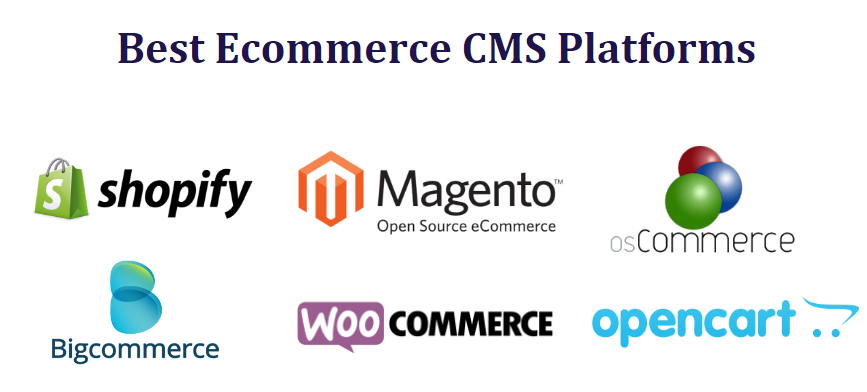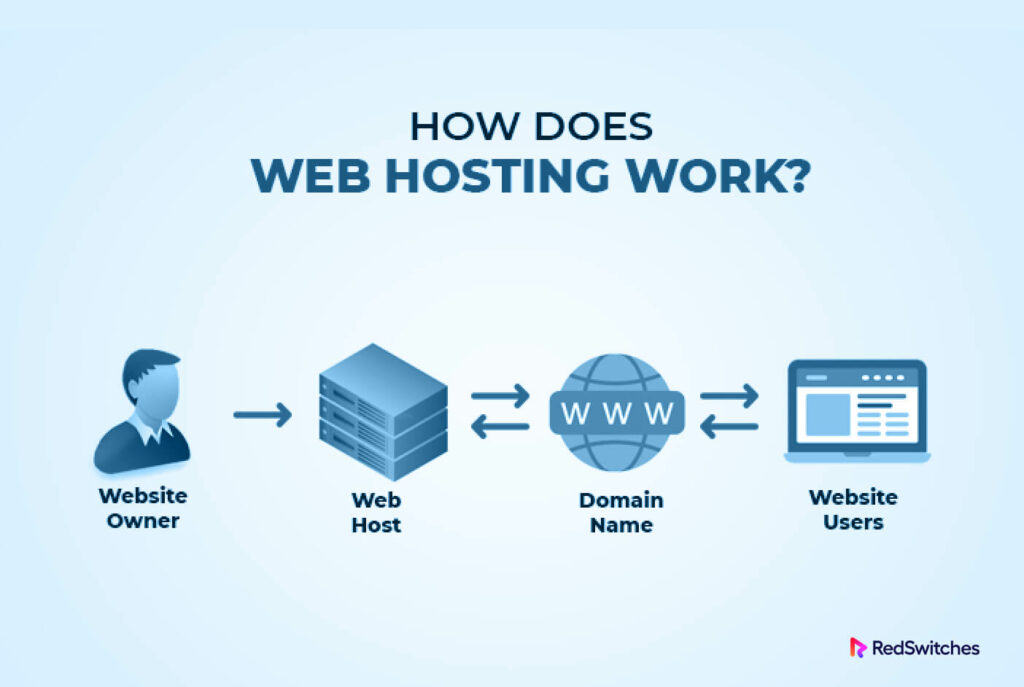In the ever-evolving landscape of search engine optimization (SEO), staying abreast of the latest trends and factors is paramount for digital marketers and website owners. As we delve into 2024, the SEO landscape continues to shift, influenced by technological advancements, algorithm updates, and changing user behaviors. To thrive in this dynamic environment, it’s essential to understand the main SEO factors that are shaping the digital realm. Let’s explore some of the key considerations for SEO success in 2024:
1. User Experience (UX) Optimization:
User experience has emerged as a critical factor in SEO, with search engines increasingly prioritizing websites that offer seamless navigation, fast loading times, and mobile responsiveness. In 2024, optimizing UX will remain paramount, as search engines aim to deliver the best possible results to users. This includes:
-
Mobile-First Indexing: With the majority of internet users accessing content via mobile devices, Google has transitioned to mobile-first indexing, prioritizing the mobile version of websites for ranking and indexing. Ensuring that your website is optimized for mobile devices is no longer optional but essential for SEO success.
-
Page Speed: Fast-loading websites not only provide a better user experience but also tend to rank higher in search engine results. Optimizing page speed by minimizing server response times, leveraging browser caching, and optimizing images can significantly improve website performance and SEO rankings.
-
Core Web Vitals: Google’s Core Web Vitals, which include metrics such as Largest Contentful Paint (LCP), First Input Delay (FID), and Cumulative Layout Shift (CLS), are now integral to its ranking algorithm. Websites that meet these performance benchmarks are likely to receive a ranking boost, highlighting the importance of prioritizing user-centric metrics.
2. Content Quality and Relevance:
High-quality, relevant content has always been the cornerstone of effective SEO, and this remains true in 2024. Search engines continue to prioritize content that is informative, engaging, and satisfies user intent. Here are some key considerations for content optimization:
-
E-A-T (Expertise, Authoritativeness, Trustworthiness): Google’s emphasis on E-A-T signals the importance of establishing expertise, authority, and trust in your niche or industry. Publishing authoritative content written by subject matter experts can enhance your website’s credibility and improve its chances of ranking well in search results.
-
Semantic Search and Natural Language Processing (NLP): Search engines are becoming increasingly adept at understanding the context and intent behind user queries. Optimizing content for semantic search and leveraging natural language processing techniques can help ensure that your content aligns with user intent and ranks for relevant search queries.
-
Multimedia Content: Diversifying your content with multimedia elements such as videos, infographics, and interactive features can enhance engagement and provide users with richer experiences. Optimizing multimedia content for accessibility, relevance, and shareability can amplify its impact on SEO.
3. Technical SEO Considerations:
In addition to user experience and content quality, technical SEO remains a crucial aspect of optimizing websites for search engines. Paying attention to technical factors can ensure that search engine crawlers can access, interpret, and index your website effectively. Some key technical considerations include:
-
Site Structure and Navigation: A well-organized site structure and intuitive navigation are essential for both users and search engines. Implementing clear hierarchy, internal linking, and breadcrumb navigation can facilitate crawling and improve the discoverability of your content.
-
Schema Markup: Schema markup provides search engines with additional context about the content on your website, helping them understand its relevance and significance. Implementing schema markup for products, articles, reviews, and other content types can enhance visibility in search results and enable rich snippets.
-
HTTPS and Security: Security is a top priority for search engines, and HTTPS encryption has become a standard requirement for websites. Migrating to HTTPS and ensuring that your website is secure can instill trust in users and contribute to better SEO performance.
4. Local SEO and Personalization:
With the increasing prevalence of location-based searches and personalized search results, local SEO has become indispensable for businesses targeting specific geographic regions. Optimizing for local search involves:
-
Google My Business Optimization: Claiming and optimizing your Google My Business listing is crucial for local SEO success. Providing accurate business information, including name, address, phone number, and business hours, can improve visibility in local search results and Google Maps.
-
Local Citations and Reviews: Building local citations and earning positive reviews from customers can enhance your business’s credibility and visibility in local search results. Encouraging satisfied customers to leave reviews and responding promptly to feedback can boost your local SEO efforts.
-
Personalized Search: As search engines continue to personalize search results based on user preferences, behaviors, and location, understanding your target audience and tailoring your content and optimization strategies accordingly is essential. Leveraging data analytics and audience insights can help you deliver personalized experiences that resonate with your target audience.
5. Voice Search and AI-Powered SEO:
The proliferation of voice-enabled devices and virtual assistants has transformed the way users interact with search engines, giving rise to voice search optimization and AI-powered SEO strategies. To optimize for voice search and AI-driven algorithms:
-
Conversational Keywords: Voice search queries tend to be more conversational and long-tail compared to text-based searches. Optimizing content for natural language queries and including conversational keywords can improve its relevance for voice search.
-
Featured Snippets and Answer Boxes: Featured snippets, also known as “position zero” results, are prominently displayed at the top of search results and often serve as the answer to voice search queries. Structuring content to address common questions and providing concise, informative answers can increase the likelihood of earning featured snippets.
-
AI-Powered Optimization: Harnessing the power of artificial intelligence and machine learning algorithms can augment SEO efforts by analyzing data, predicting trends, and optimizing content performance. AI-driven tools and platforms can assist with keyword research, content optimization, and performance tracking, enabling more data-driven decision-making in SEO.
Conclusion:
In 2024, SEO continues to evolve in response to technological advancements, user behaviors, and search engine algorithms. By focusing on user experience, content quality, technical optimization, local SEO, and emerging trends such as voice search and AI-powered SEO, digital marketers and website owners can position themselves for success in the competitive online landscape. By adapting to these key SEO factors and embracing innovation, businesses can enhance their visibility, attract organic traffic, and achieve sustainable growth in the digital era.





